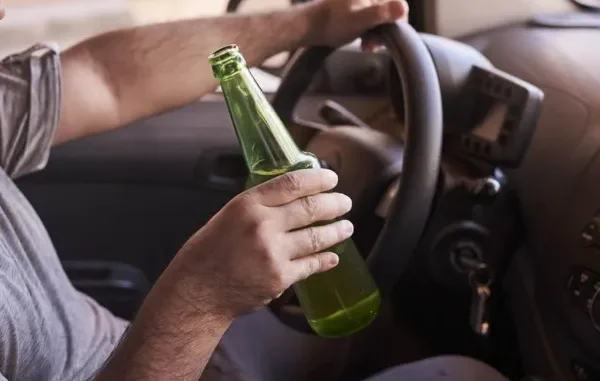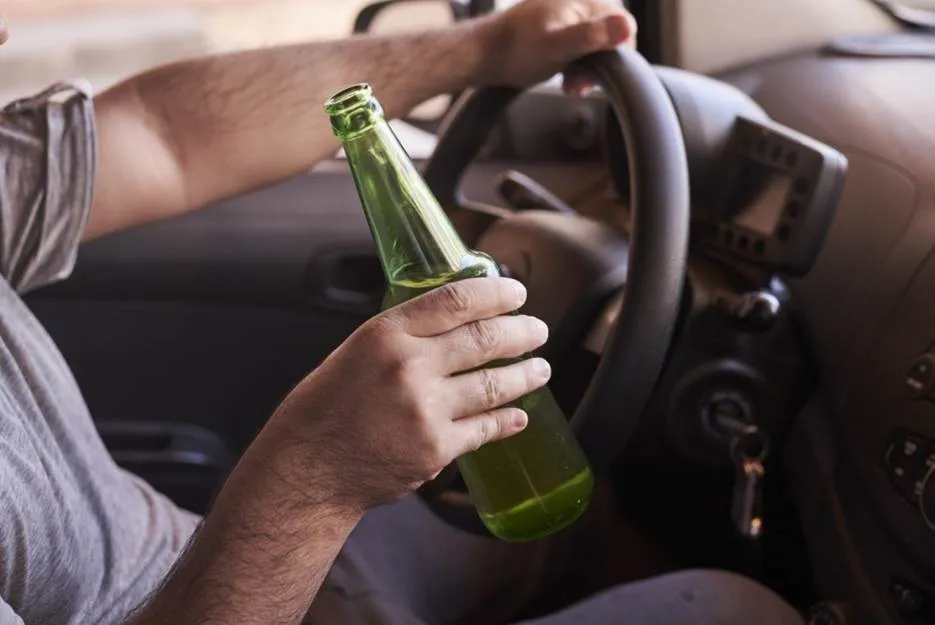

Even a single alcoholic drink can affect your ability to drive safely. Alcohol affects your brain and body, impairing essential skills like coordination, reaction time, and judgment. These skills are critical for operating a vehicle, and even small amounts of alcohol can increase the risk of accidents. Understanding how alcohol affects your driving is important for making safe decisions on the road.
In Texas, driving while intoxicated (DWI) is defined as operating a vehicle with a blood alcohol concentration (BAC) of 0.08% or higher or while impaired by alcohol or drugs. The state also enforces zero tolerance for drivers under 21 and imposes strict penalties, including fines, license suspension, and jail time. Repeat offenders face even harsher consequences, and there are specific rules about driving with minors in the vehicle or refusing sobriety tests.
If you’re wondering, “Can you drink and drive in Texas?” the simple answer is no. Texas law prohibits driving under the influence, and penalties escalate with offenses. Knowing these laws and how alcohol affects driving is essential for your safety and legal protection.
What Happens When You Drink Alcohol?
When you consume alcohol, it enters your bloodstream and travels to your brain. Alcohol slows down your central nervous system, which controls how your body reacts and communicates. This slowing affects:
- Coordination: The ability to steer, brake, or accelerate properly.
- Reaction Time: The speed at which you respond to unexpected changes on the road.
- Judgment: Your ability to make safe decisions, such as when to change lanes or avoid hazards.
- Vision: Your capacity to see clearly, especially in low-light conditions.
Even one drink can impair these abilities enough to make driving unsafe. Research shows that drivers with a blood alcohol concentration (BAC) as low as 0.02% already experience some impairment.
How Alcohol Impairs Driving
Alcohol affects every aspect of driving in different ways:
- Slowed Reaction Time: You may not respond quickly to sudden stops or obstacles.
- Poor Coordination: Handling the steering wheel, brakes, and accelerator can become difficult.
- Impaired Judgment: You may take risks or underestimate dangerous situations.
- Blurred Vision: Your ability to see traffic signs, pedestrians, or other vehicles is reduced.
- Fatigue: Alcohol can increase tiredness, making long drives even riskier.
Even small amounts of alcohol can make it more difficult to perform these basic driving tasks safely.
Legal Consequences in Texas
Driving under the influence (DUI) or driving while intoxicated (DWI) has serious consequences in Texas. Penalties can include:
- Fines: Up to $2,000 for a first offense.
- Jail Time: Up to 180 days for a first offense, with a mandatory minimum of three days.
- License Suspension: Up to one year for a first offense.
- Mandatory Education Programs: To help offenders understand the dangers of impaired driving.
These penalties become harsher for repeat offenses, accidents involving injuries, or fatalities. Even minor impairment can have severe legal consequences, along with risks to your safety and the safety of others.
Safer Alternatives
If you plan to drink, consider safer ways to get home:
- Designate a Driver: Choose someone who will remain sober.
- Public Transportation: Buses and trains are safe alternatives.
- Ride-Sharing Services: Use apps like Uber or Lyft.
- Stay Over: Consider staying at a friend’s place until you are sober.
Planning ahead is the safest way to avoid impaired driving.
Key Takeaways
- Even one drink can impair your ability to drive safely.
- In Texas, drivers can be arrested for impairment even if their BAC is below 0.08%.
- Alcohol affects coordination, reaction time, judgment, vision, and fatigue.
- Always use alternatives like designated drivers, public transport, or ride-sharing when drinking.






Leave a Reply